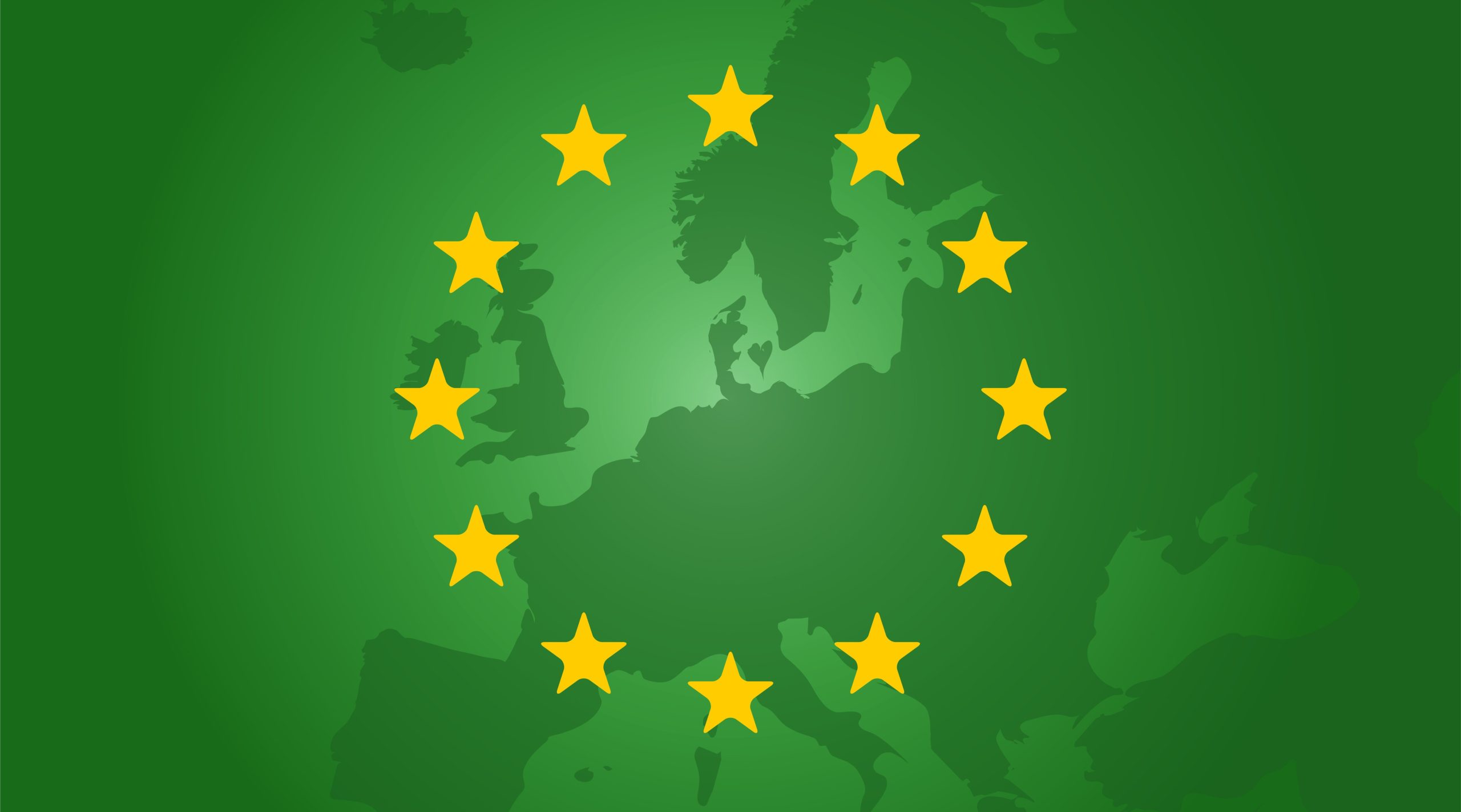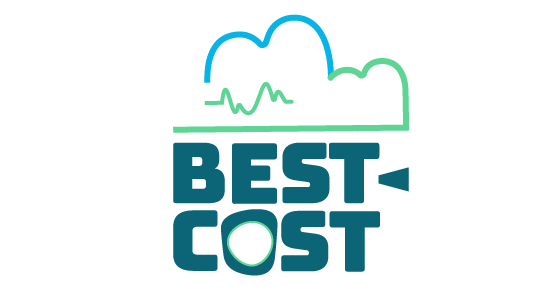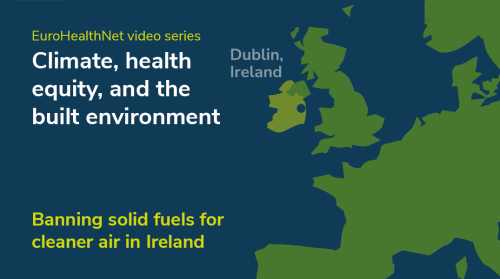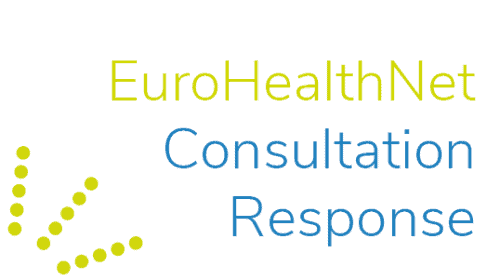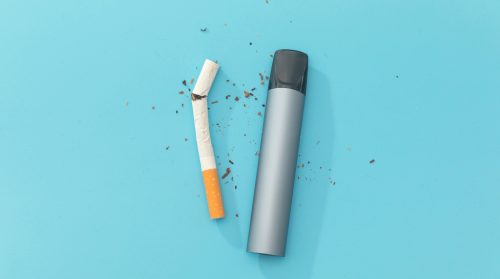Climate, health equity, and the built environment: A video on Ireland’s solid fuel ban
Many of the pollutants from household fuel combustion, including burning solid fuels such as turf for domestic heating and cooking, lead to both health risks and climate change by worsening air quality.
In Ireland, which has a strong turf-burning culture, the use of solid fuels to heat homes has traditionally been among the main causes of poor air quality. The link between air quality and energy sources in Ireland has been addressed over the years, starting with a solid fuel ban in the Dublin area in 1990.
There is a potential for a triple win from these types of policies. They can (1) protect our bodies from particulate matter, (2) reduce carbon dioxide, which contributes to climate change and its harm to health, and (3) help prevent heat waves, which we know make air pollutants more harmful.
Jenny Mack
Public Health Medicine Consultant, Institute of Public Health
In this video, we look at the links between the use of solid fuels and poor health. We also explore Dublin's ban and how it laid the groundwork for national solid fuel regulations in 2022.
This video is part of a series on 'Climate, health equity, and the built environment', with support from the European Climate Foundation. Check out our other videos on managing heatwaves in schools in Spain and creating climate-neutral healthcare facilities in Austria. The next video in this series will focus on reducing energy poverty in Bulgaria.
The video series is part of EuroHealthNet's call for an EU Strategy on Climate and Health.
Related resources
A health call for ambitious EU climate action - Joint letter




